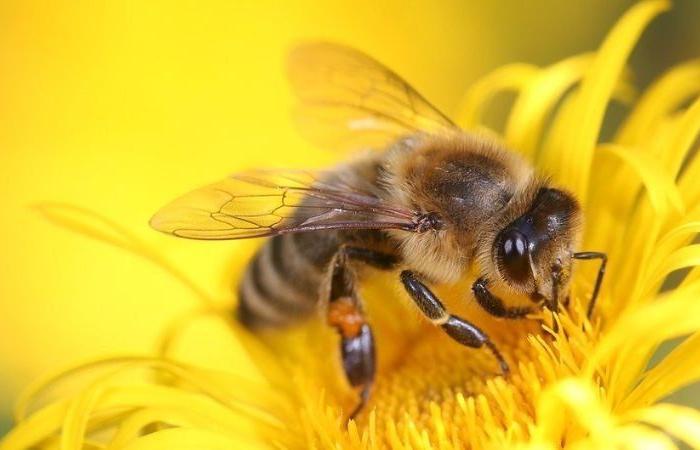A shock study reveals a collapse of 63 % of populations in just three years, seriously threatening ecosystems.
A vast citizen initiative made it possible to measure the extent of a disturbing phenomenon: the accelerated disappearance of flying insects in the United Kingdom. Thousands of motorists participated in a scientific project by identifying the impacts of insects on their windshields between 2021 and 2024. The results, from 8,800 trips covering 380,000 kilometers, confirm a catastrophic trend.
In three years, the number of crushed insects has dropped by 63 %, reflecting a much more marked decline over the past two decades. This hecatombe, observed in other European countries, is explained by the combination of several factors: reduction of natural habitats, intensive use of pesticides and climate change. The consequences could prove to be dramatic for biodiversity and agriculture.
Contrary to popular belief, the decrease in insects stuck to cars is not good news. These creatures play a key role in pollination, ensuring the reproduction of 90 % of wild plants and a third of food crops. Their scarcity directly threatens ecological balances and food security. Scientists alert to the urgency to act to stop this trend before it is too late.








